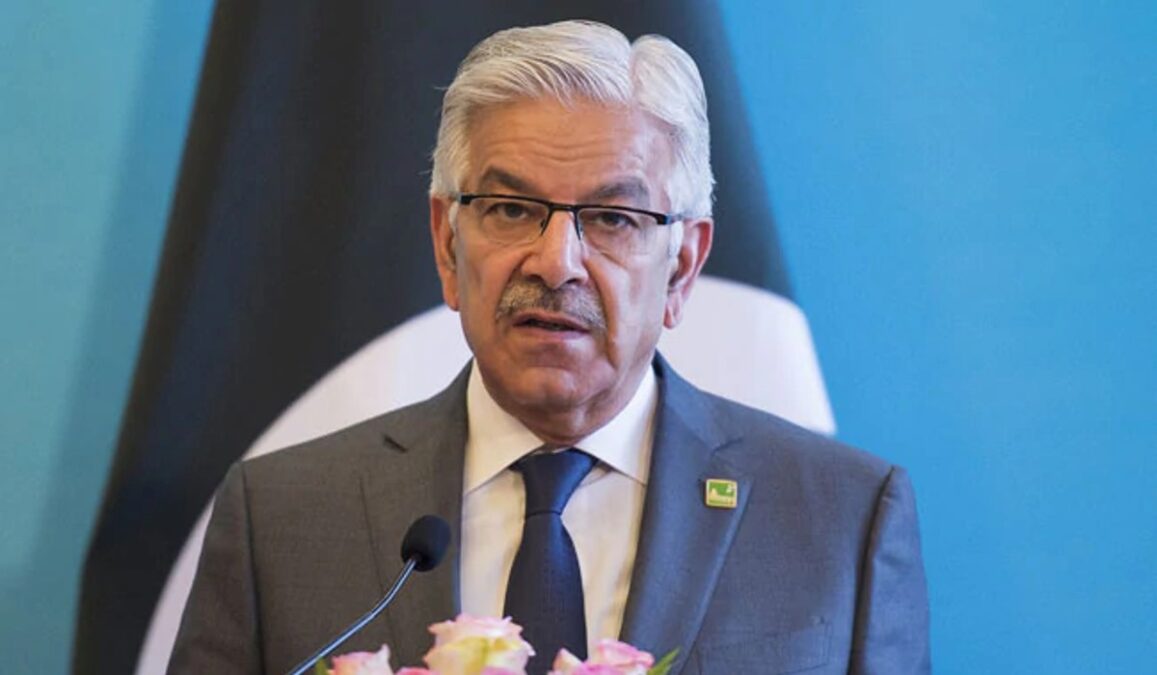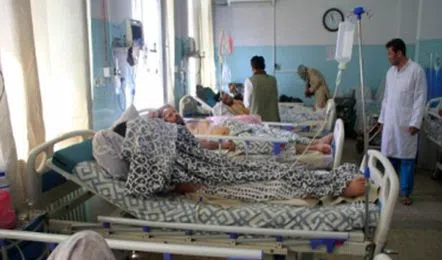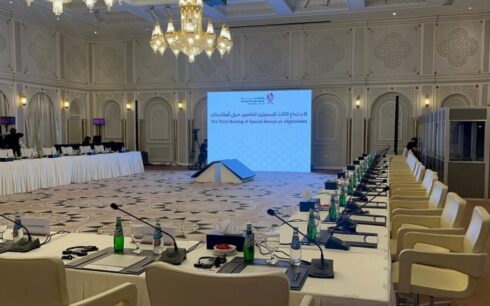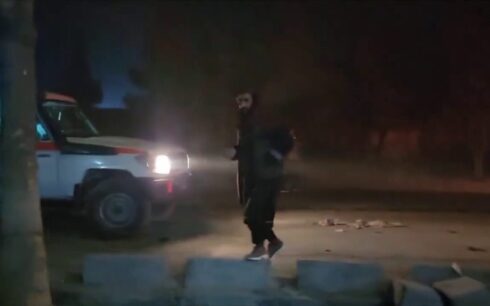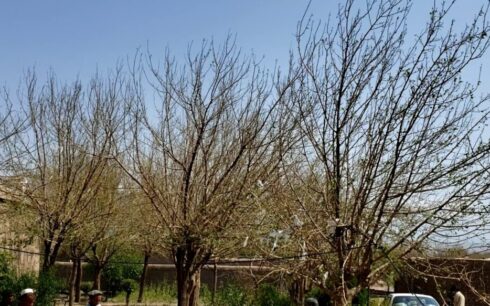ISLAMABAD — Pakistan’s Defense Minister, Khawaja Muhammad Asif, described the use of Afghanistan’s territory for “attacks on Pakistan” as an “act of aggression” following a deadly explosion in Quetta, Balochistan, on Saturday.
Speaking to Geo News, Mr. Asif criticized the Taliban for failing to act against groups that contribute to insecurity within Pakistan.
The minister further alleged that instability in Pakistan was fueled by an “Indian proxy war,” pointing to regional rivalries as a key factor. The blast at a Quetta train station left at least 26 people dead, including 16 soldiers, and injured 61 others. The Balochistan Liberation Army claimed responsibility for the attack.
While expressing doubt that the Taliban were directly involved in the incident, Mr. Asif emphasized their inaction against extremist groups operating within Afghanistan. “I do not want to say that this is an Afghan government plot, but their lack of action against extremist groups or disregard for this issue is concerning,” he said. He also posted on X (formerly Twitter), stating, “The use of Afghan territory is also an aggression against Pakistan.”
Mr. Asif reiterated Pakistan’s long-standing accusation that the Tehrik-e-Taliban Pakistan (TTP) has used Afghan soil as a base for operations against Pakistan. These remarks came just days after a high-level Indian delegation met with Taliban officials in Kabul, including Defense Minister Mohammad Yaqoob Mujahid, to discuss joint cooperation.
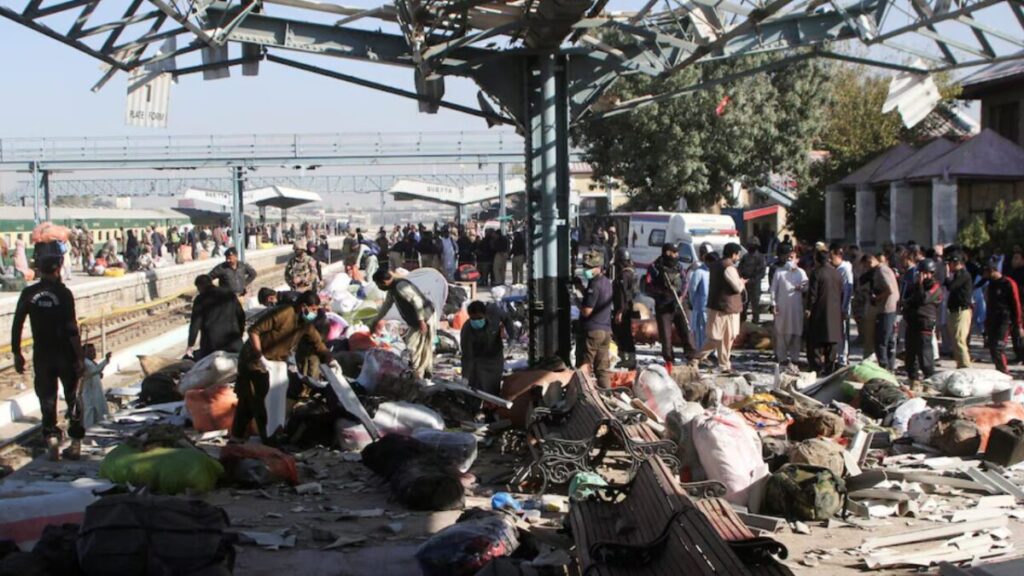
The TTP has been cited as the largest active terrorist group in Afghanistan, with the U.N. sanctions monitoring group estimating between 6,000 and 6,500 fighters in the country. Military experts warn that Afghanistan, under Taliban rule, has again become a hub for regional instability and a sanctuary for militant groups.
“Afghanistan, under the Taliban, has become a center of regional instability and a safe haven for terrorist groups,” said Bismillah Taban, a former military officer. “If the world does not take serious action against the threats posed by these groups based in Afghanistan, the security threats will extend beyond the region and threaten the entire world.”
Concerns about the resurgence of extremist groups in Afghanistan have also been voiced by Russia, Iran, and members of the Collective Security Treaty Organization (CSTO). According to U.N. reports, terrorist organizations active in Afghanistan include Daesh Khorasan, al-Qaeda, the TTP, and the East Turkestan Islamic Movement, with more than 20 such groups believed to be present under Taliban rule.
The Taliban, while acknowledging the presence of Daesh Khorasan, have downplayed its strength and denied any support for the TTP, framing it as an internal issue for Pakistan.

